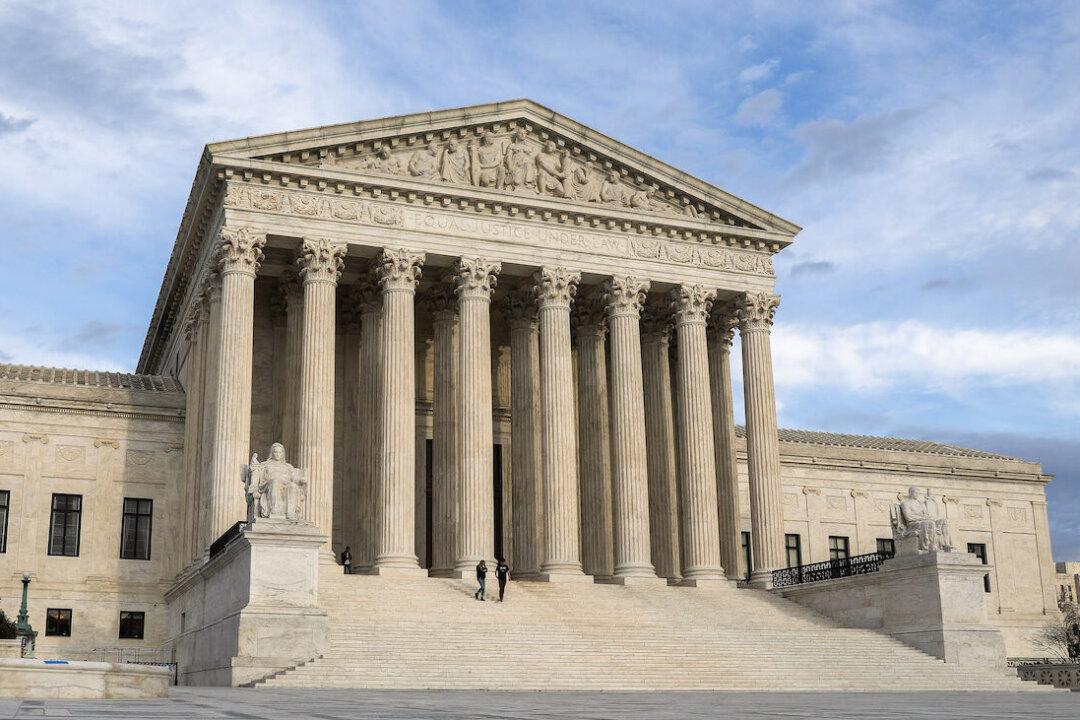The Supreme Court on Thursday kept in place a Florida law that requires felons to pay fees before they vote.
“This Court’s order prevents thousands of otherwise eligible voters from participating in Florida’s primary election simply because they are poor,” Justice Sonya Sotomayor wrote (pdf). Sotomayor, Ruth Bader Ginsburg, and Elena Kagan dissented with the majority’s opinion.





